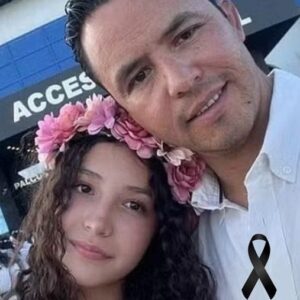The morning began like any other, but beneath the calm surface, a storm was brewing. I never imagined a simple word could unravel years of fragile peace. Suddenly, the quiet kitchen felt like a battlefield of unspoken truths and hidden resentments. The air was thick with tension as a demand hung in the balance, threatening to CUT… Continues…
Related Posts

20 Minutes ago, Kristi Noem was confirmed as…See more
Shock hit hard—Kristi Noem’s move blindsided everyone, igniting whispers and wary glances. Allies brace, rivals circle with sharpened teeth, and every unanswered question feels like a challenge…

Silent Betrayal Unfolded Tonight
I saw her hand in his and my world detonated in silence. The candlelight felt like an accusation, every shared smile a knife. I walked out of…

Silent Danger Lurking Within
She never imagined a simple act could shatter her world so completely. What began as a quiet, secret step toward fitting in quickly turned into a nightmare…

Silent Power Crumbles Tonight
A titan’s fall shook the world to its core. What once seemed eternal now trembles on the brink of ruin. Silent cracks spread unseen, fracturing the very…

Silent Stardom’s Hidden Truth
She vanished before the world knew her name. A shadow in the spotlight, her story was kept under lock and key. Now, as silence fills the air,…

Silence After The Laughter
The laughter stopped, but the echo stayed. One voice, once our refuge, has fallen silent, and the world suddenly feels too sharp, too loud, too real. We…